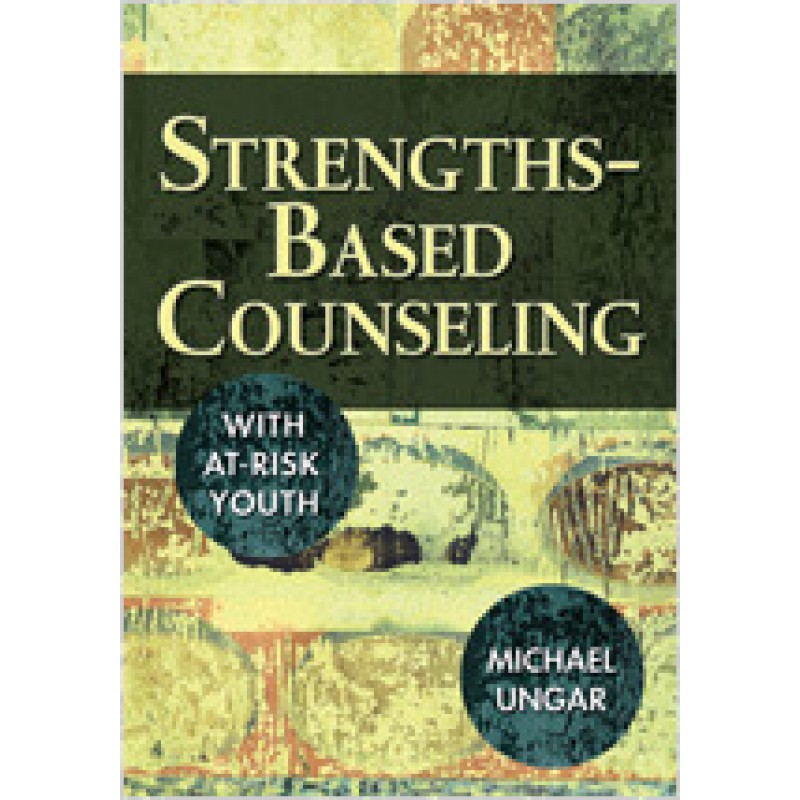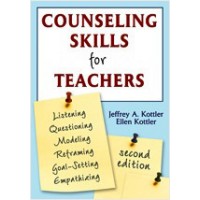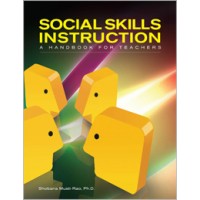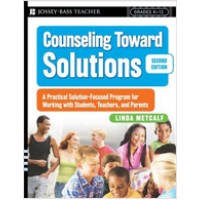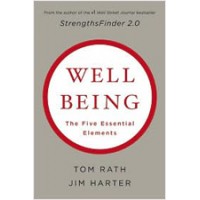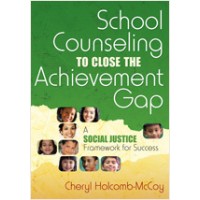Strengths-Based Counseling with At-Risk Youth, Apr/2006
| Author(s) | Michael Ungar |
| ISBN10 | 1412928206 |
| ISBN13 | 9781412928205 |
| Format | Paperback |
| Pages | 144 |
| Year Publish | 2006 April |
Synopsis
“An eye-opening and heart-opening book.” -Bonnie Benard, Senior Program Associate, WestEd
Identify and promote overlooked strengths to cultivate resilience.
Now more than ever, counselors, teachers, community youth workers, and parents are striving to prevent individual and school-wide tragedy before it happens. Critical to the success of their efforts is a deep respect for the adolescent experience. In this book, author and social worker Michael Ungar takes a fresh, hopeful approach to challenging youth by looking beyond the surface of "bad" behaviors to understand them as ways of coping with life's adversities.
Strengths-Based Counseling With At-Risk Youth provides the tools both to understand and access strengths buried beneath problem behaviors. It offers specific, effective strategies in working with adolescents to construct positive identities and realistic action plans. Features include:
- Six strategies for youth engagement, covering common problem behaviors such as drug use, violence, delinquency, and promiscuity
- An entire chapter on bullying
- An abundance of real-life examples and counseling narratives
- A Resilient Youth Strengths Inventory to assess resilience and identify areas that need strengthening
Sincere application of Ungar's compassionate and open-minded strategies is sure to transform the lives of countless adolescents in need, and the institutions that serve them.
About the Author:
Michael Ungar received a Ph.D. in Social Work from Wilfred Laurier University in 1995. He is currently an Associate Professor in the Maritime School of Social Work at Dalhousie University, Canada. He has published articles in such journals as Adolescence, Youth & Society, Qualitative Social Work, Social Service Review, the Journal of Systemic Therapies, and Child & Youth Care Forum. Dr. Ungar has been researching, writing, and teaching about resilience among youth for ten years in Canada, the U.S., Hong Kong, and Columbia. He oversees a federally funded international research project involving collaboration among researchers in eleven sites on five continents exploring similarities and differences in how resilience is understood, studied, and nurtured. As part of this, he will soon embark on a tour of Israel, England, Russia, and Tanzania. He recently presented two papers detailing his work at an international qualitative methods conference hosted by Sage and the International Institute for Qualitative Methods. He has a well-established international network of colleagues in this field across many disciplines, and many will be contributors to this volume.

